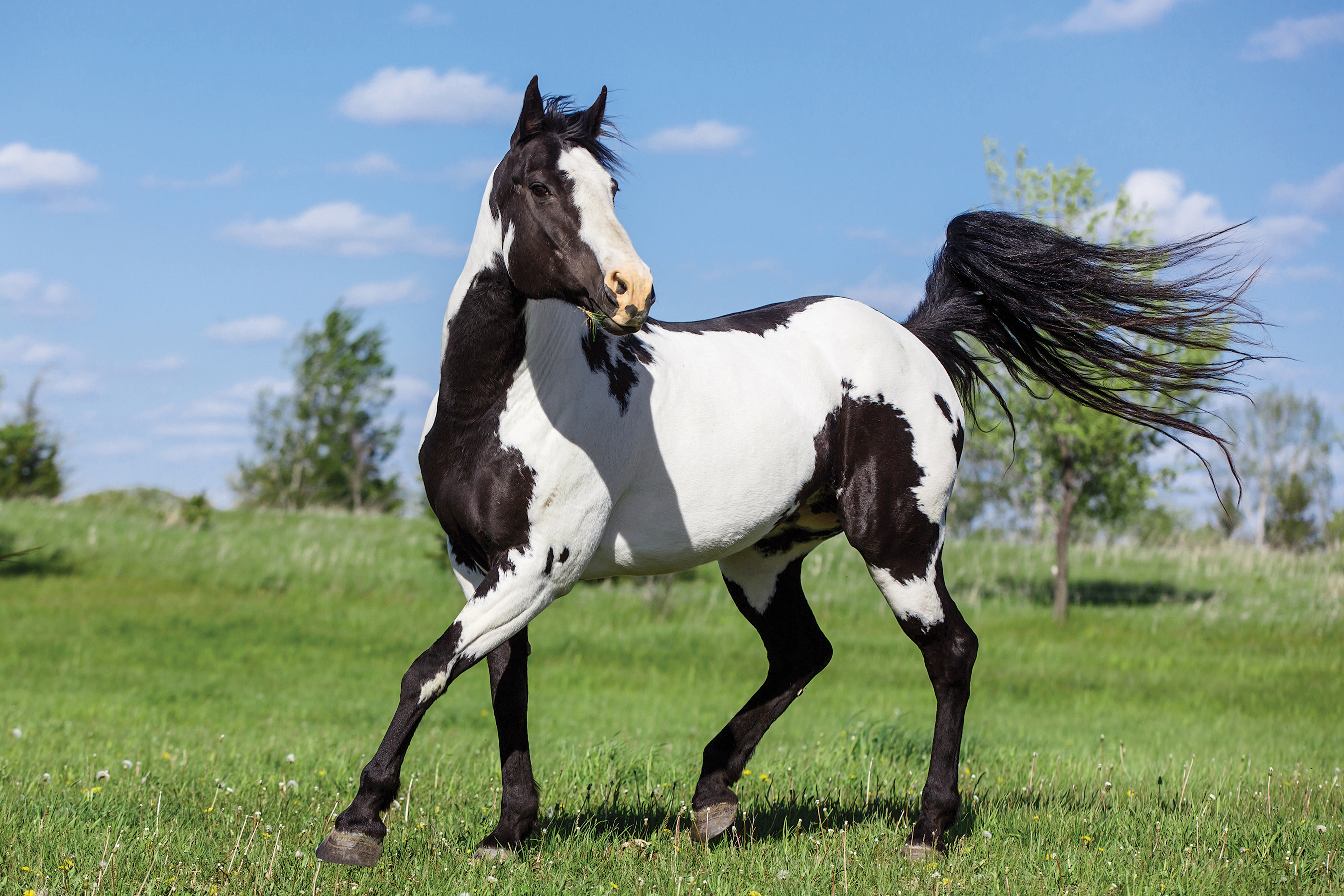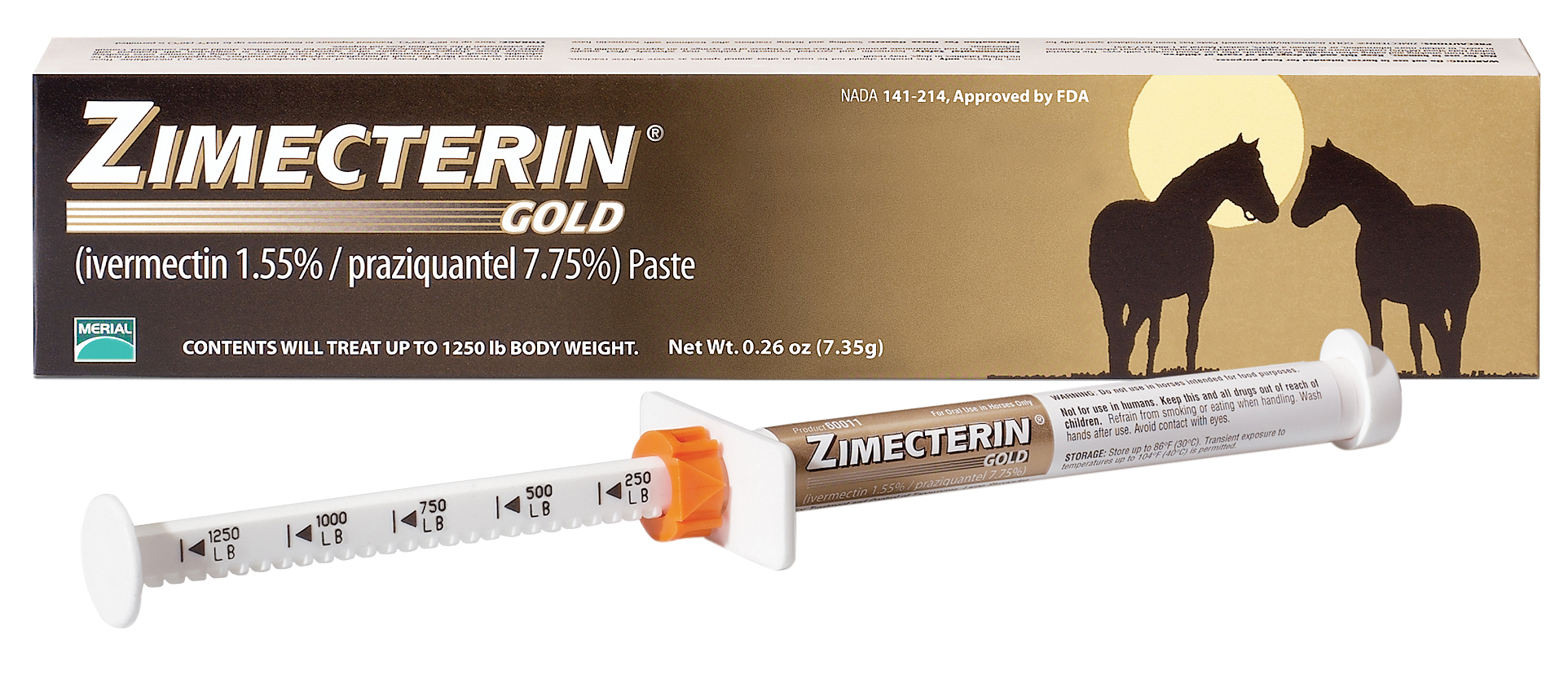
Shelley Paulson
Bot-fly larvae can wreak havoc in your horse’s stomach lining, causing significant swelling and ulceration. Large infestations can even lead to colic. The larvae originate as sticky little yellow eggs deposited on your horse’s legs and sides by the female bot fly (which resembles a bumblebee in action). The first hard frost of the season will kill off the flies, making it a great time to administer a dewormer effective against bot larvae (left). If you then take action to remove any remaining eggs from your horse’s haircoat (below), you’ll complete your protection plan.
[READ: 5 Cheap & Easy Ways to Improve Horse Health]
Remove Those Eggs

Scrape off with a knife
A bot-egg knife removes the nits before they can be inadvertently ingested by your horse.
Rub off with a block
A grooming stone will remove bot-fly eggs and can also be used to loosen shedding hair.
Check Dewormer Labels

Not all dewormers are effective against bots, so read product labels carefully. Avermectins (ivermectin and moxidectin) are the only approved over-the-counter dewormers for control of bot-fly larvae.
Ivermectin has a broad spectrum of activity against intestinal and insect parasites, including bots; it also kills migrating larvae.
Moxidectin, introduced as an equine dewormer in the U.S. in 1997, is effective against encysted small strongyles as well as bot-fly larvae.






